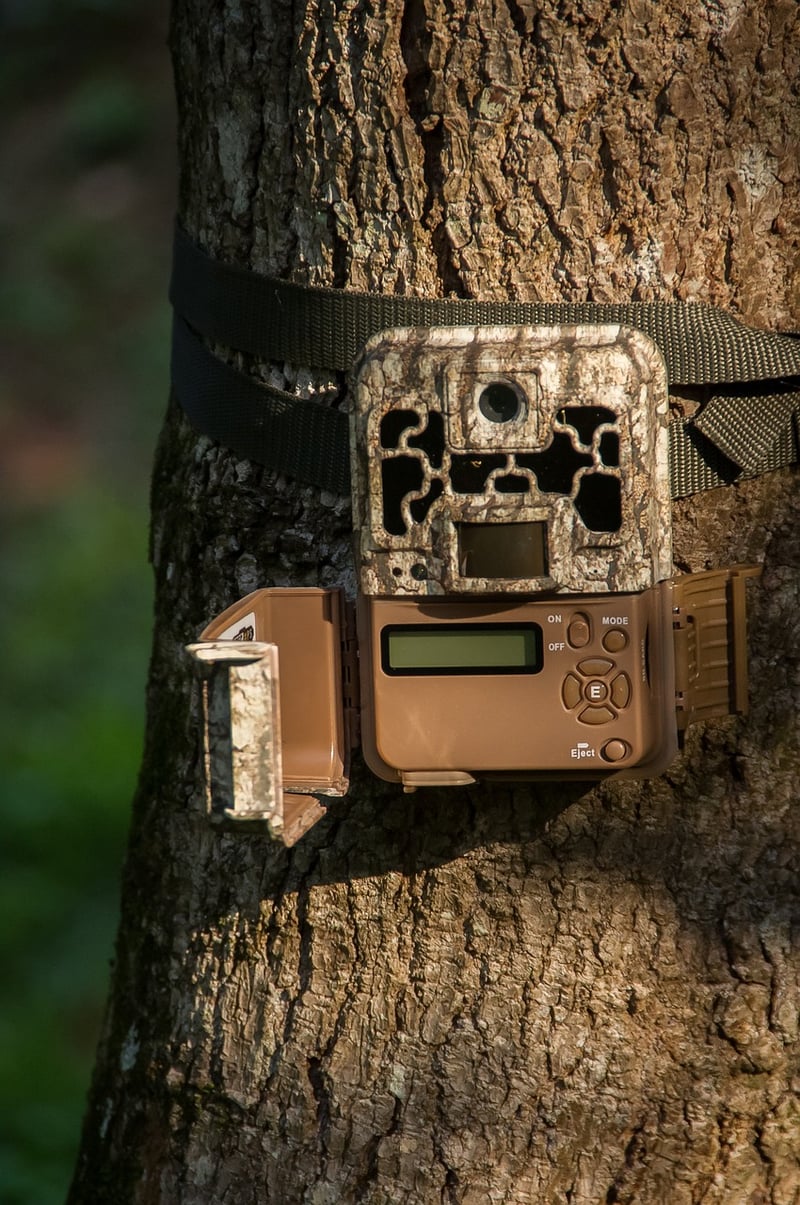Covert Assignments
The Art of Covert Operations: Engaging in Clandestine Tasks
Covert operations, also known as clandestine tasks, involve a set of activities conducted in secrecy to achieve specific objectives without revealing the identity of the individuals or government involved. These operations require meticulous planning, precision execution, and utmost discretion. Whether in the realm of intelligence agencies, special forces, or corporate espionage, mastering the art of covert operations is essential for success.
The Essentials of Covert Operations
Successful covert operations are founded on a few key principles:
- Secrecy: Maintaining confidentiality is paramount to the success of any covert mission. Information leaks can compromise the entire operation.
- Adaptability: Being able to adjust to unforeseen circumstances is crucial. Flexibility in planning and execution is a must.
- Resourcefulness: Making the most of limited resources and improvising when necessary distinguishes a skilled covert operator.
- Stealth: Operating under the radar and avoiding detection are fundamental aspects of covert tasks.
Tools of the Trade
Covert operatives rely on a variety of tools to accomplish their missions:
- Disguises: Altering one's appearance is a common tactic to blend in and avoid suspicion.
- Surveillance Equipment: High-tech gadgets such as hidden cameras, GPS trackers, and listening devices aid in gathering intelligence.
- Encryption: Secure communication channels are essential to prevent interception of sensitive information.
- Lock-picking Tools: Accessing restricted areas often requires the ability to bypass locks discreetly.
Training and Skills
Becoming proficient in covert operations demands a diverse skill set:
- Combat Training: Knowledge of hand-to-hand combat and firearms is crucial for self-defense and mission success.
- Intelligence Analysis: The ability to gather, interpret, and act on intelligence is a core competency of covert operatives.
- Language Proficiency: Fluency in multiple languages can facilitate communication and aid in blending into diverse environments.
- Survival Skills: Training in wilderness survival and evasion tactics is essential for operating in hostile environments.
Conclusion
Mastering the art of covert operations requires a combination of strategic thinking, tactical skills, and a dedication to achieving objectives while remaining undetected. Whether in the world of espionage, military special operations, or corporate espionage, the ability to engage in clandestine tasks is a valuable asset in achieving success.
Remember, discretion is the hallmark of a skilled covert operative.

Explore the world of covert operations and unlock the secrets of the shadows!
For more information on covert operations and espionage, visit CIA.gov.
